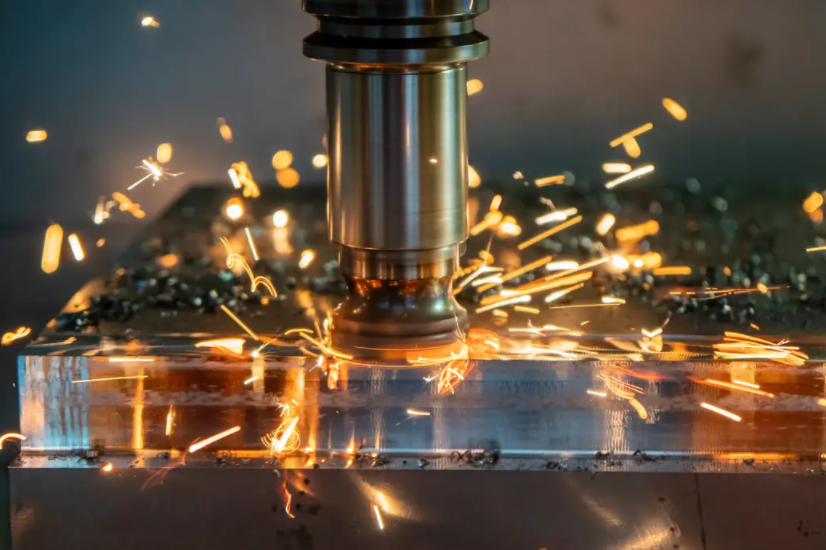
2022 Vendita Calda All'ingrosso Parti Di Biciclette In Lega Di Magnesio Bici Per Bambini Nessun Pedale Bilanciamento Bicicletta Bambini Più Colori Disponibili

Bicicletta per bambini in lega di alluminio di magnesio 3-8 anni Vendita calda a buon mercato Bicicletta per bambini da 14 pollici PER SEMPRE Commercio all'ingrosso 2022

Bicicletta sportiva per bambini popolare Bicicletta per bambini Balance Bike per bambini di alta qualità

Factory Custom China Bmx Cycles Road Sport Bicicletta per bambini 12 16 18 20 pollici Ciclo Mtb per bambini 6-10 anni

Ruota libera per bicicletta 12/14/16 pollici Bici per bambini Low Rider Bici Lega di alluminio per bambini Bicicletta per bambini 3-8 anni Disponibile

Ciclomotore elettrico 36v10ah con ruota integrata da 12 pollici in lega di magnesio per bicicletta elettrica

Biciclette per bambini Biciclette per bambini per bambini da 3 a 16 anni Ciclo per bambini bambino / OEM Bici da montagna per bambini 2022

Ciclo per bambini all'ingrosso in lega di magnesio per bambini da 3 a 5 anni Ciclo per bambini da 12 pollici OEM a buon mercato

 0086-750-5616188
0086-750-5616188 +86 13392089688
+86 13392089688 sales@zhongmei-tech.com
sales@zhongmei-tech.com








